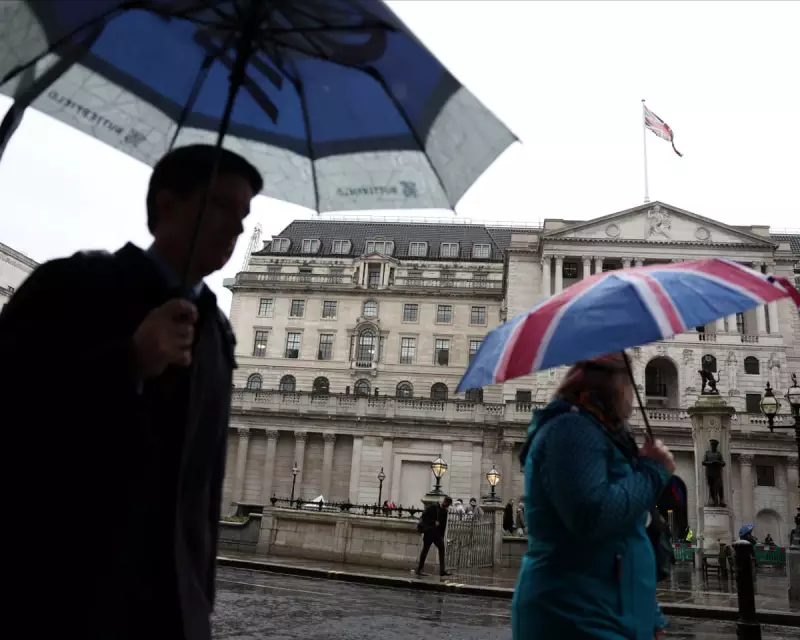
Chancellor Rachel Reeves faces a formidable challenge as she prepares to deliver her second budget next Wednesday, following the release of disappointing public finance figures.
October Borrowing Exceeds Forecasts
According to the Office for National Statistics, the UK government borrowed £17.4 billion in October. While this figure represents a decrease compared to the same month last year, it marks the third highest October deficit ever recorded in the public finances.
More significantly, the borrowing total substantially outpaced City economists' predictions, who had forecast a figure of approximately £15 billion. This shortfall against expectations underscores the volatile state of the nation's fiscal health.
A Growing Fiscal Challenge
The broader picture reveals an even starker reality for the Treasury. For the fiscal year to date, public borrowing has reached £116.8 billion.
This represents an 8.4% increase compared to the same period in 2024, highlighting a deteriorating fiscal position that will heavily constrain the Chancellor's options.
The figures provide the final snapshot of the public finances before Ms. Reeves' crucial budget statement, setting a difficult backdrop for her tax and spending plans.
Political Pressure and Tax Expectations
The Chancellor must navigate this complex economic landscape amid significant political pressure. The Treasury recently faced controversy after floating, and then hastily abandoning, proposals to raise income tax.
In response to a anticipated downgrade in economic forecasts from the Office for Budget Responsibility, the Chancellor is now widely expected to announce significant tax increases in her budget next week.
This move is seen as a necessary, though politically risky, step to begin balancing the nation's books and addressing the persistent budget deficit.





